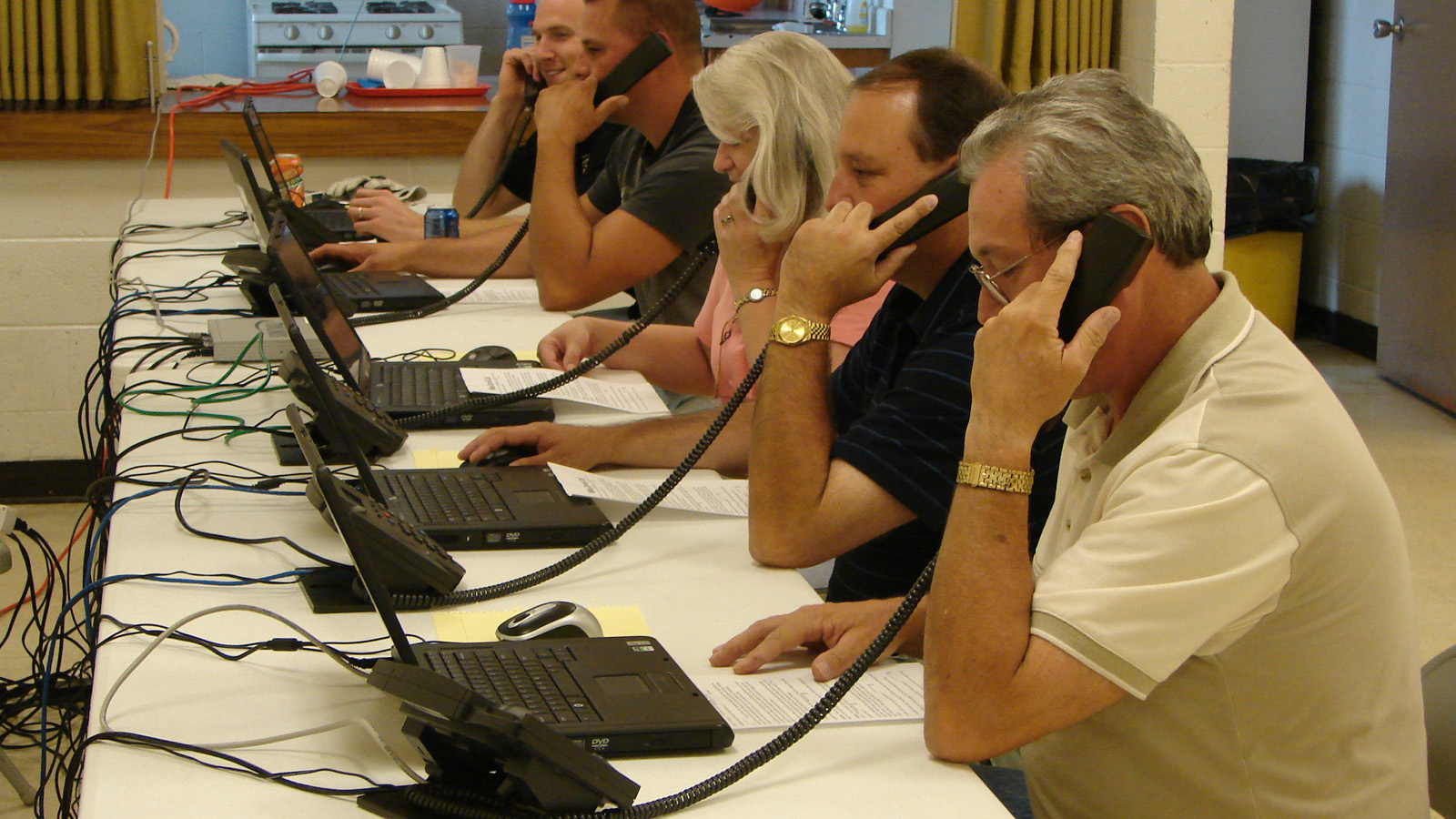Contact tracing is the systematic identification and monitoring of all who might have been exposed to a person diagnosed with COVID-19. | Wikimedia Commons
Contact tracing is the systematic identification and monitoring of all who might have been exposed to a person diagnosed with COVID-19. | Wikimedia Commons
Contact tracing is one of the ways officials have been hoping to track the spread of COVID-19. But roughly a third of Michigan residents who have contracted the virus refuse to take part, according to a Bridge Michigan report from July 15.
Those residents aren’t telling officials who they came in contact with ahead of testing positive for the coronavirus, which would allow officials to track and trace the virus, which was declared a pandemic earlier this year.
Contact tracers only have access to about 70% of people who have tested positive for the coronavirus in the first 48 hours after their diagnosis is confirmed. Of that number, a third of them refuse to offer details on who they were in contact with during the time frame in question.

Gov. Gretchen Whitmer
| Michigan.gov
The state’s chief medical executive, Dr. Joneigh Khaldun, said, “This case investigation and contact tracing work is so important if we’re going to be able to successfully slow the spread of the disease in our state," according to Bridge Michigan.
Michigan currently has the 13th-highest number of COVID-19 cases in the country, with over 75,000 total cases and over 6,000 people succumbing to the virus in the state since March, according to Michigan.gov.
The numbers have continued to go up since last month, about two weeks after Gov. Gretchen Whitmer loosened the stay-at-home order. She said the growing number of confirmed cases is due to residents not following safety guidelines, such as the requirement for people to wear masks indoors if they aren’t able to social-distance.
Khaldun added that getting in touch with people sooner than later can make a huge difference in the coming months after reports of even higher numbers surface. “This will be incredibly important as we prepare for a potential second surge,” she told Bridge Michigan.
For now, about 10,000 people have volunteered to help out if tracing needs increase.


 Alerts Sign-up
Alerts Sign-up